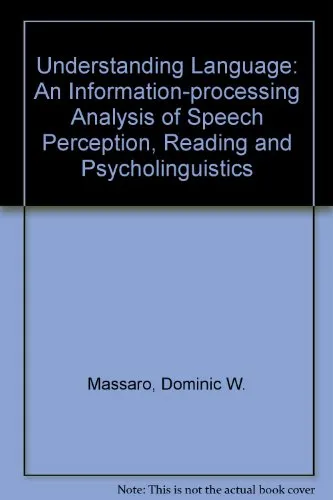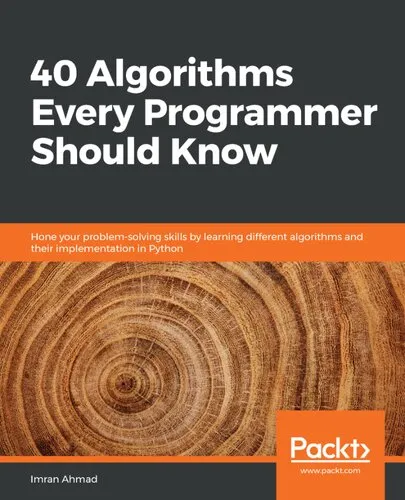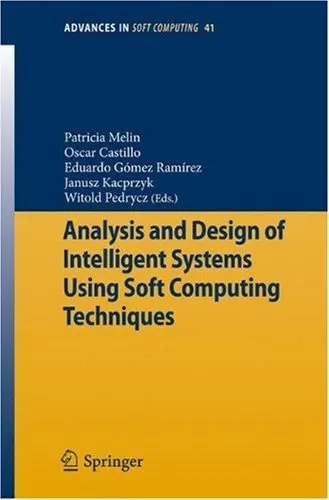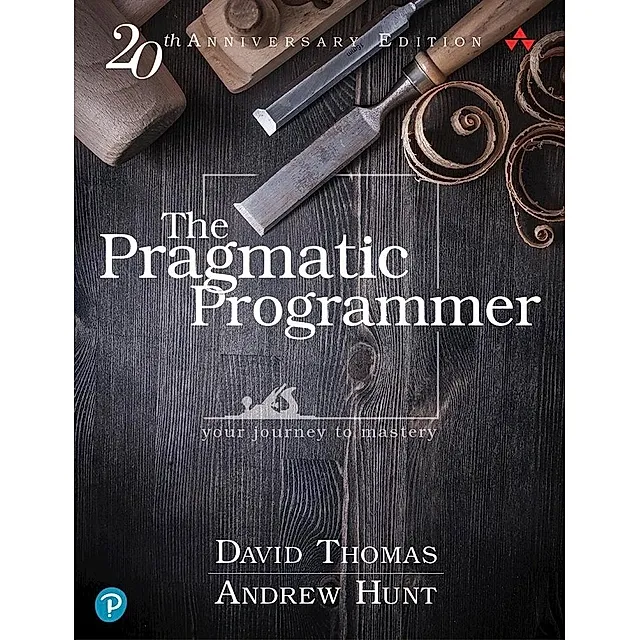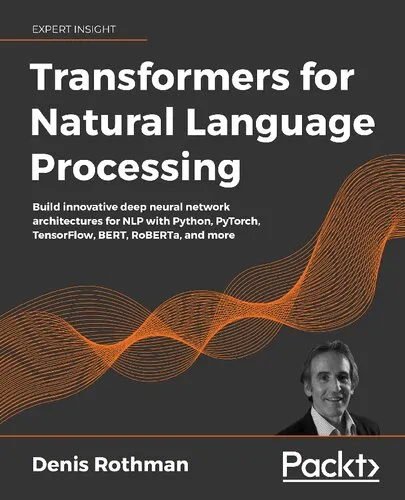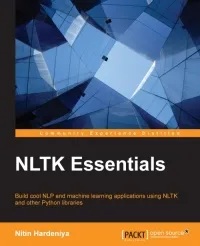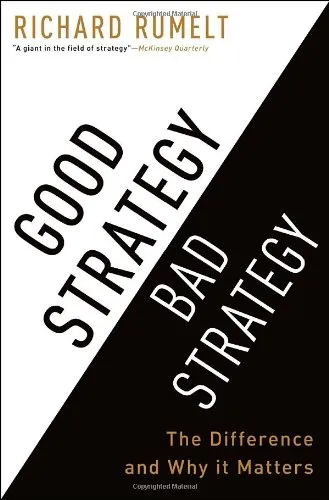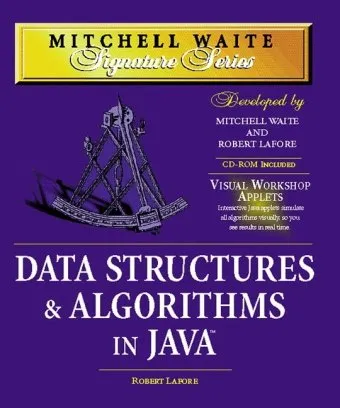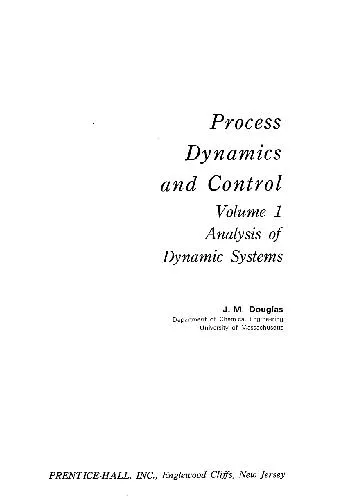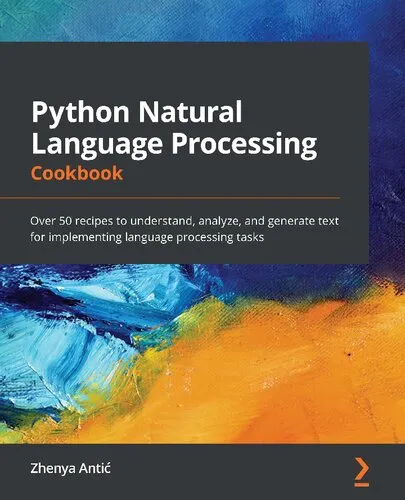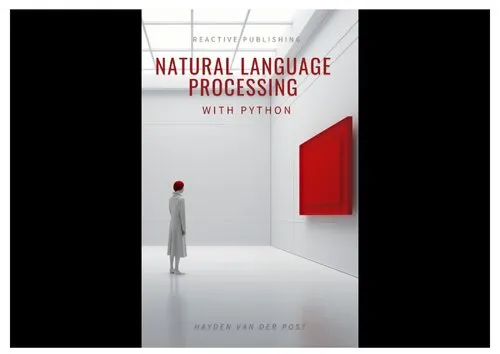Understanding Language. An Information-Processing Analysis of Speech Perception, Reading, and Psycholinguistics
4.4
Reviews from our users

You Can Ask your questions from this book's AI after Login
Each download or ask from book AI costs 2 points. To earn more free points, please visit the Points Guide Page and complete some valuable actions.Related Refrences:
Introduction
"Understanding Language: An Information-Processing Analysis of Speech Perception, Reading, and Psycholinguistics" is a seminal work by Dominic W. Massaro that delves into the intricate processes underlying human language comprehension and production. This book provides a comprehensive examination of the cognitive mechanisms that enable us to perceive speech, read, and understand language. By analyzing these processes through the lens of information processing, Massaro advances our understanding of psycholinguistics and its applications in everyday communication.
Detailed Summary of the Book
In "Understanding Language," Dominic W. Massaro embarks on a rigorous exploration of the cognitive processes that underpin speech perception, reading, and language comprehension. The book begins by setting the foundation of information-processing theory as it relates to psycholinguistics, offering insights into how the human brain deciphers complex linguistic inputs.
The book is structured to guide readers through various facets of language processing. Massaro examines the interaction between auditory and visual information in speech perception, emphasizing how multi-modal cues facilitate understanding. This interdisciplinary approach provides a rich framework for exploring how different sensory inputs are integrated during communication.
As the book progresses, it dissects the reading process from a cognitive perspective, highlighting the role of context, prior knowledge, and cognitive load in comprehending written text. Massaro's analysis is grounded in empirical research, providing a solid evidence base for his conclusions. The author's emphasis on experimental methods and real-world applicability allows readers to appreciate the practical significance of theoretical constructs.
Key Takeaways
- The integration of auditory and visual information is crucial for effective speech perception, demonstrating the importance of context and multi-modal communication.
- Reading is not a passive process but involves active engagement with the text, influenced by prior knowledge, expectations, and cognitive strategies.
- Information-processing theory provides a valuable framework for understanding the complexities of language processing, supported by empirical research and experimental evidence.
- Psycholinguistics bridges the gap between linguistic theory and practical communication, offering insights into how language operates at both a cognitive and social level.
Famous Quotes from the Book
"Language comprehension is not merely about decoding sounds and letters; it is a dynamic process of constructing meaning from a constellation of sensory inputs."
"Effective communication transcends the boundaries of modality, relying on the seamless integration of auditory, visual, and contextual cues."
Why This Book Matters
"Understanding Language" is not only a scholarly contribution to the field of psycholinguistics but also serves as an essential resource for students, researchers, and practitioners interested in the science of language. Massaro's integration of theory and practice provides a comprehensive understanding of how language functions at a cognitive level, allowing readers to connect abstract concepts with real-world applications.
By exploring the intricate processes that enable language comprehension, the book expands our appreciation of the human capacity for communication and the sophistication of the cognitive systems involved. Whether you are a linguist seeking deeper insights into language mechanisms or an educator aiming to enhance literacy skills, this book offers invaluable perspectives and methodologies.
Ultimately, "Understanding Language" stands as a pillar in the landscape of psycholinguistics, continually influencing research and practice in the field. Its focus on information processing not only advances theoretical knowledge but also shapes the way we approach language education, technology, and communication strategies in our increasingly interconnected world.
Free Direct Download
You Can Download this book after Login
Accessing books through legal platforms and public libraries not only supports the rights of authors and publishers but also contributes to the sustainability of reading culture. Before downloading, please take a moment to consider these options.
Find this book on other platforms:
WorldCat helps you find books in libraries worldwide.
See ratings, reviews, and discussions on Goodreads.
Find and buy rare or used books on AbeBooks.
1562
بازدید4.4
امتیاز0
نظر98%
رضایتReviews:
4.4
Based on 0 users review
Questions & Answers
Ask questions about this book or help others by answering
No questions yet. Be the first to ask!
